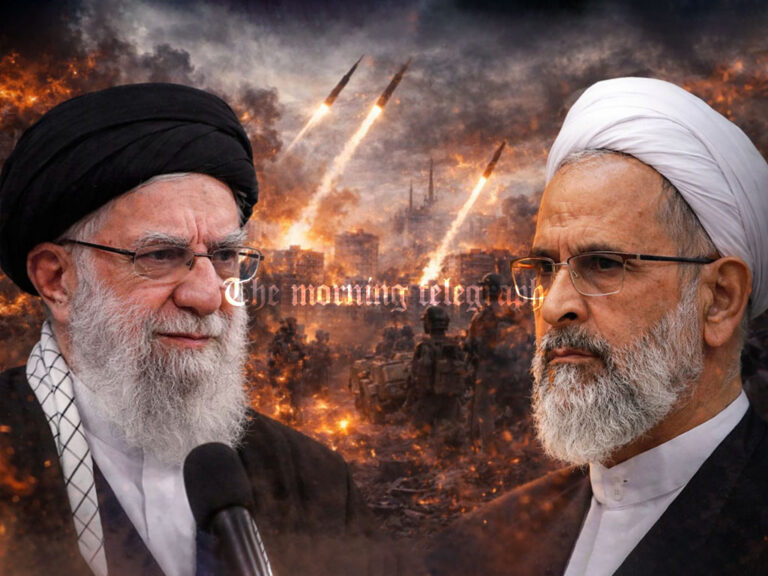
Donald Trump’s campaign is facing significant challenges as the Democratic National Convention (DNC) bombards him with nightly attacks, throwing off his focus on key campaign issues like the economy, immigration, and crime. Although his aides initially claimed that Trump wasn’t watching the DNC, a senior campaign official confirmed that the former president is indeed watching and is increasingly irritated by the relentless criticism.
At the start of the week, Trump seemed poised to maintain a disciplined focus on policy. He had scheduled a series of rallies in swing states like Pennsylvania, Michigan, North Carolina, and Arizona, each themed around economic and political topics central to his campaign. However, the barrage of anti-Trump speeches from Chicago quickly derailed this strategy, prompting Trump to deviate from his planned messaging.
During a rally in North Carolina, Trump openly questioned his campaign’s approach, polling the crowd on whether they preferred policy discussions or personal attacks. The crowd’s enthusiastic response for the latter led Trump to jokingly declare, “My advisers are fired!” while acknowledging that he couldn’t ignore the attacks against him. This moment highlighted the tension within his campaign between staying focused on issues and responding to personal attacks.
The former president’s reaction to the DNC has also led to a series of controversial statements that have drawn widespread attention. After Pennsylvania Governor Josh Shapiro delivered a strong speech at the DNC, Trump took to social media to criticize him, referring to Shapiro as the “highly overrated Jewish Governor of the Great Commonwealth of Pennsylvania.” This remark, perceived by many as a racial dog whistle, was widely discussed in the media and highlighted Trump’s propensity for incendiary comments that distract from his campaign’s intended focus.
Similarly, Trump’s response to criticisms from Barack and Michelle Obama at the DNC involved a pointed reference to Obama’s middle name, “Hussein,” a tactic often used to stoke racial animosity. These instances exemplify the challenge Trump’s campaign faces: his natural inclination toward controversy often eclipses policy discussions, making it difficult for his team to maintain a coherent strategy.
Advisers within the Trump campaign are reportedly concerned that these off-script moments, driven by Trump’s need to respond to personal attacks, will continue to dominate headlines and detract from their efforts to highlight weaknesses in his opponent’s policies. One adviser noted that even if Trump stays on message for most of a rally, “one comment or answer to a question gives the left all they need to change the subject,” underscoring the precarious balance his campaign is trying to strike in the lead-up to the election.




